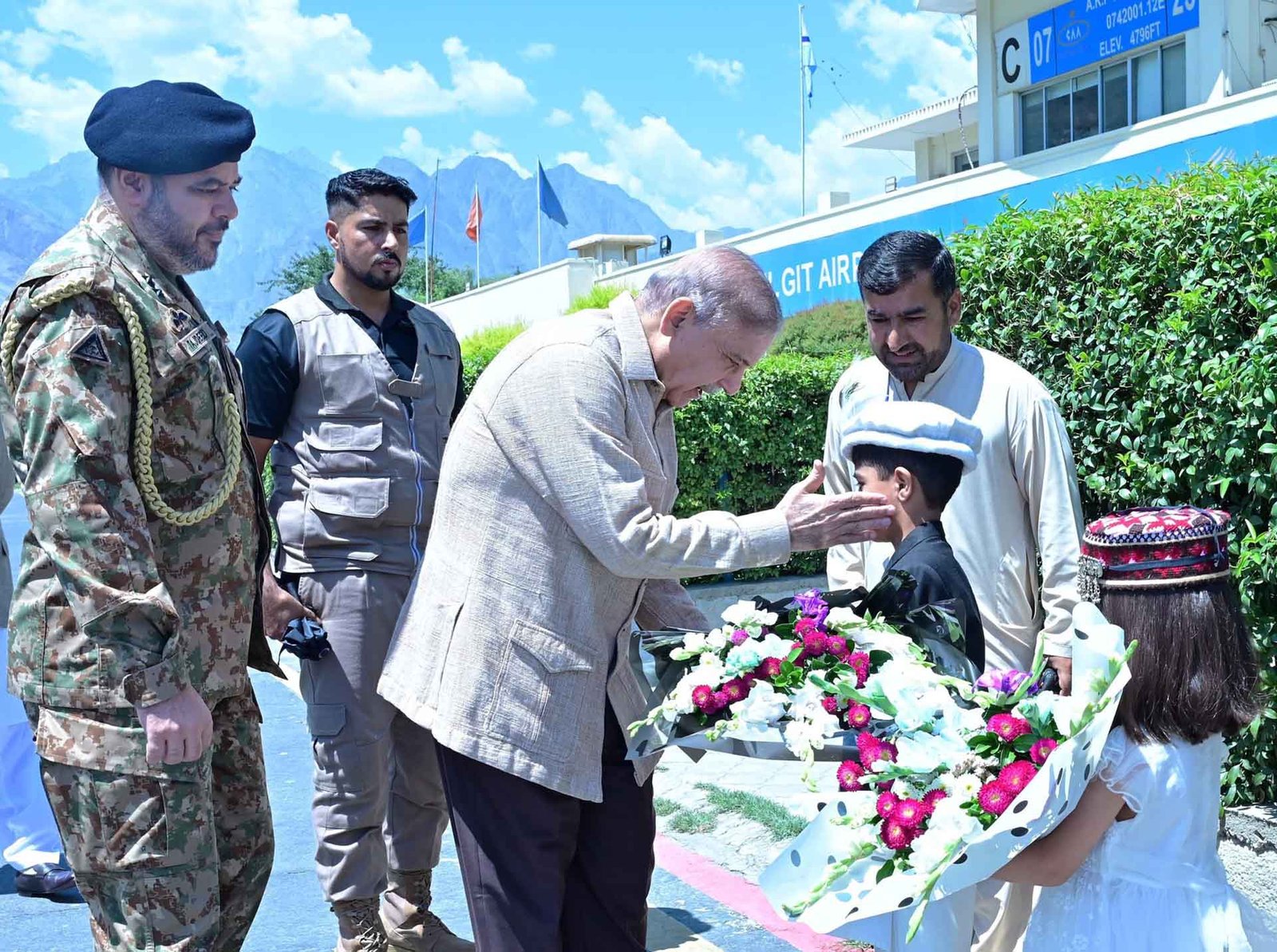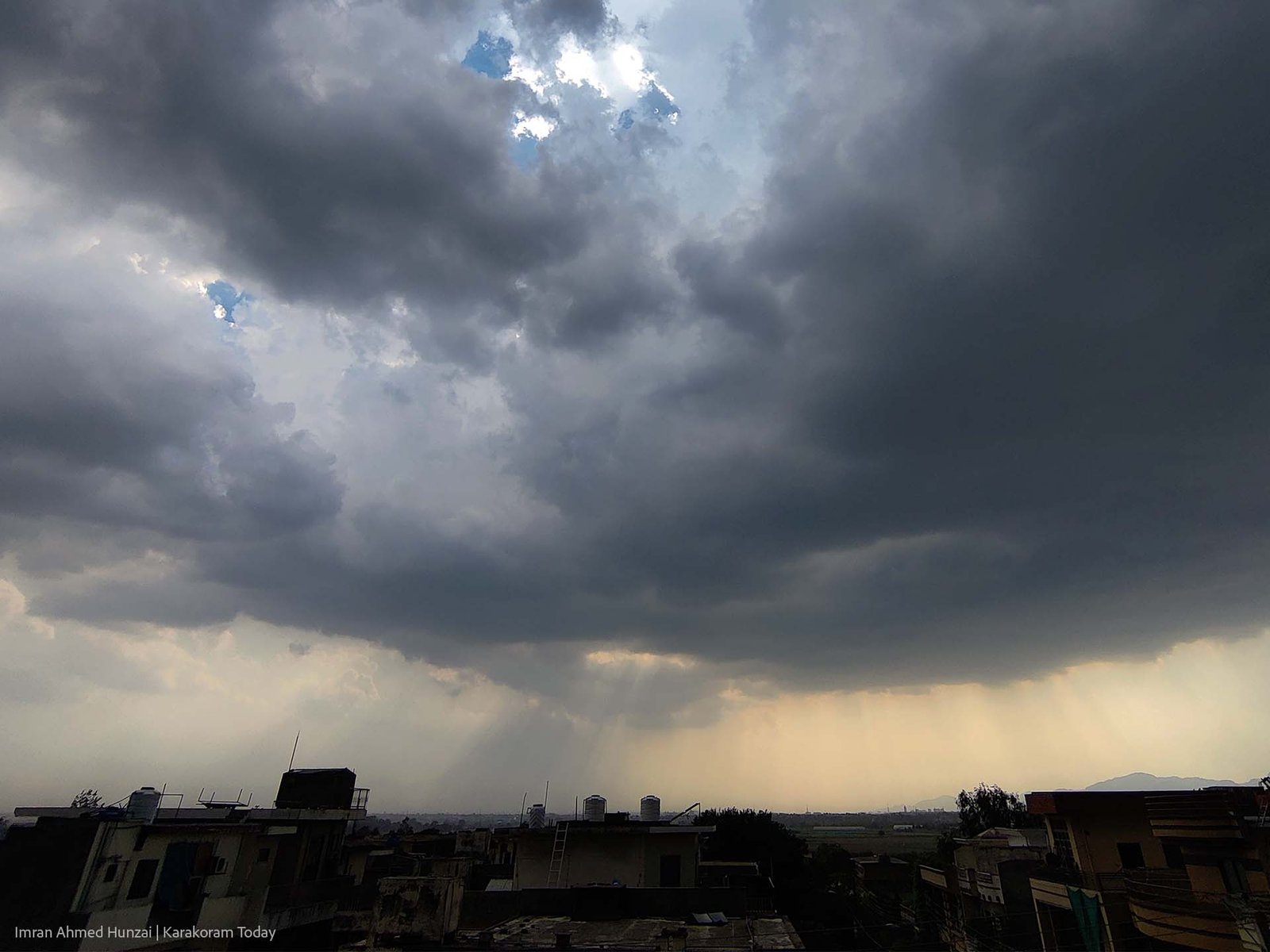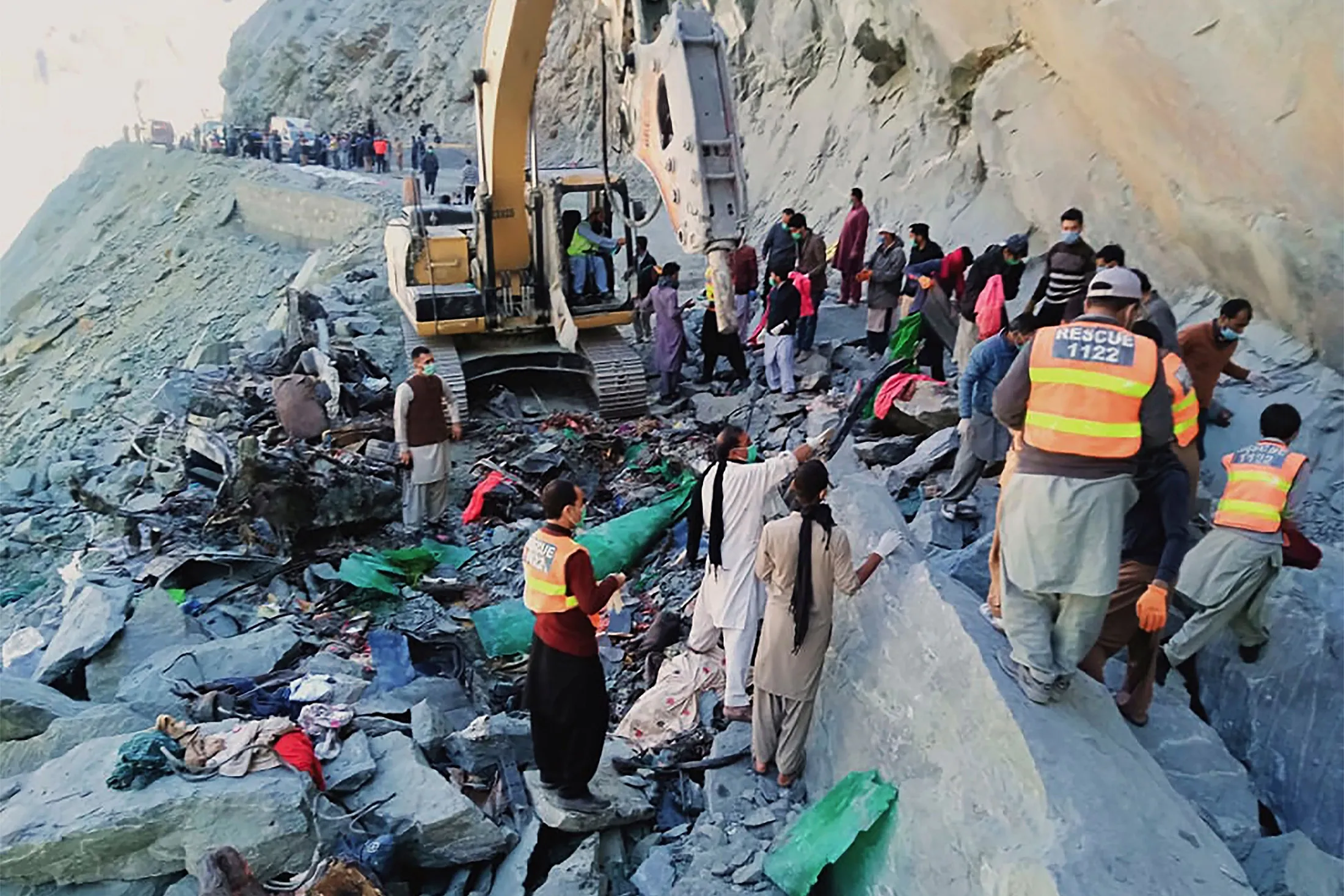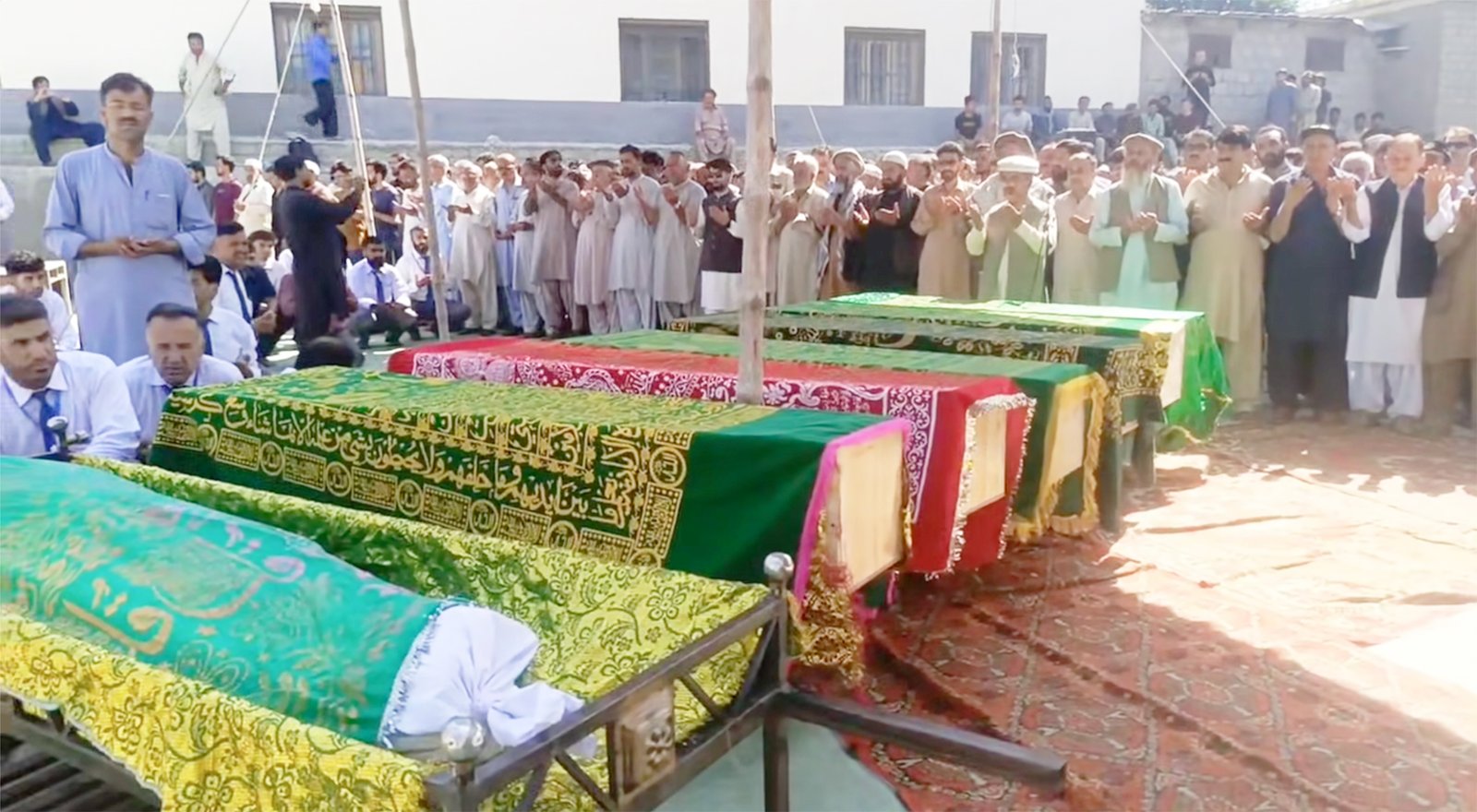Prime Minister Shehbaz Sharif has approved a Rs. 4 billion (around USD 14 million) fund specifically earmarked for mapping disaster damage and rebuilding infrastructure in flood‑hit parts of Gilgit‑Baltistan. This announcement came during his visit to Gilgit on August 4 to assess the aftermath of recent heavy monsoon rains and flash floods.
According to the National Disaster Management Authority (NDMA), Gilgit‑Baltistan suffered among the most severe damages in the country. At least ten people have died and five others were injured in rain‑related incidents. Reports show 347 houses were completely destroyed, 196 partially damaged, and numerous roads and bridges were washed away or blocked by floodwaters. The floods reflect growing climate risks across Pakistan.
The prime minister held a meeting with regional and federal officials, including senior ministers, local authorities, and rescue teams. He handed over compensation cheques directly to affected families: Rs 1 million for each deceased person, Rs 400,000 to those with severe injuries, and varying grants for housing damage and business losses.
He directed the NDMA to complete a comprehensive mapping of flood damage by the end of August. This step is designed to create clear estimates of losses and inform rebuilding plans. The fund will support both federal and Gilgit‑Baltistan governments in infrastructure reconstruction, including roads, bridges, water and power systems.
Shehbaz Sharif emphasized the need for an advanced early warning system to warn communities and tourists of impending weather threats, especially flash floods and cloudbursts. He criticized the lack of action on this system over the past seven years and urged immediate implementation.
While the financial injection is welcomed, local experts and opinion writers have urged that the Rs 4 billion package may not fully meet the actual needs. Editorials describe the announcement as an important but limited first step, calling for broader disaster resilience planning, improved infrastructure, flood defenses, emergency services (including air rescue), and sustainable tourism safeguarding.
Gilgit‑Baltistan’s fragile geography, with thousands of glaciers and world‑class peaks, makes it especially vulnerable to climate threats. The new fund marks a tipping point in recognizing the region’s needs and initiating real work on the ground beyond years of paper projects.
The next weeks will be critical as damage mapping teams finalize reports, and rebuilding begins in affected districts such as Diamer, Ghanche and Skardu. The success of this initiative may shape how Gilgit‑Baltistan responds to climate shocks and rebuilds in a more resilient, climate-aware way.
Discover more from Karakoram Today
Subscribe to get the latest posts sent to your email.



